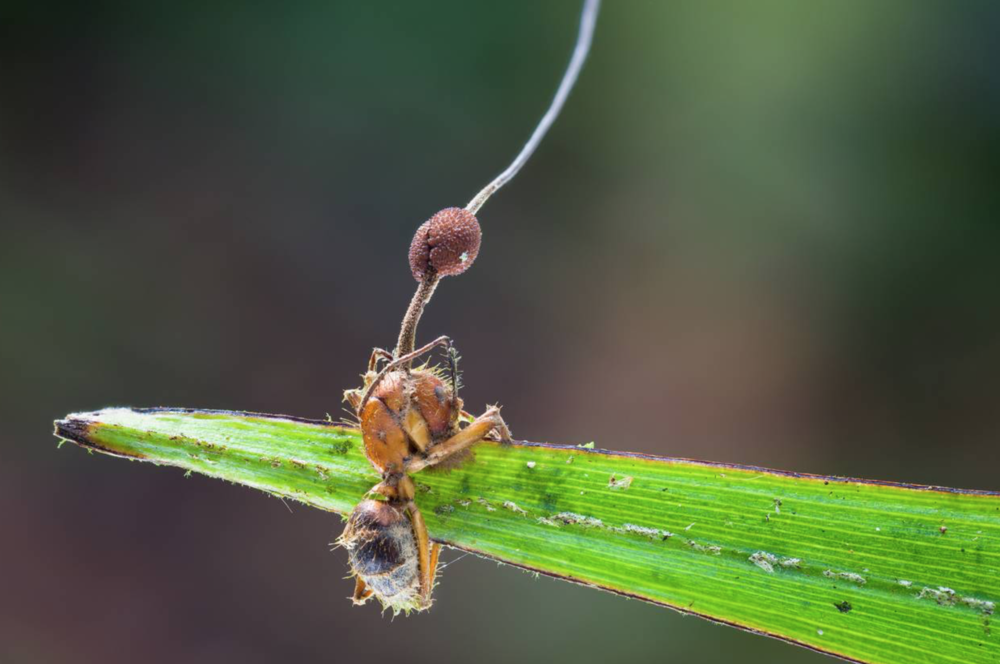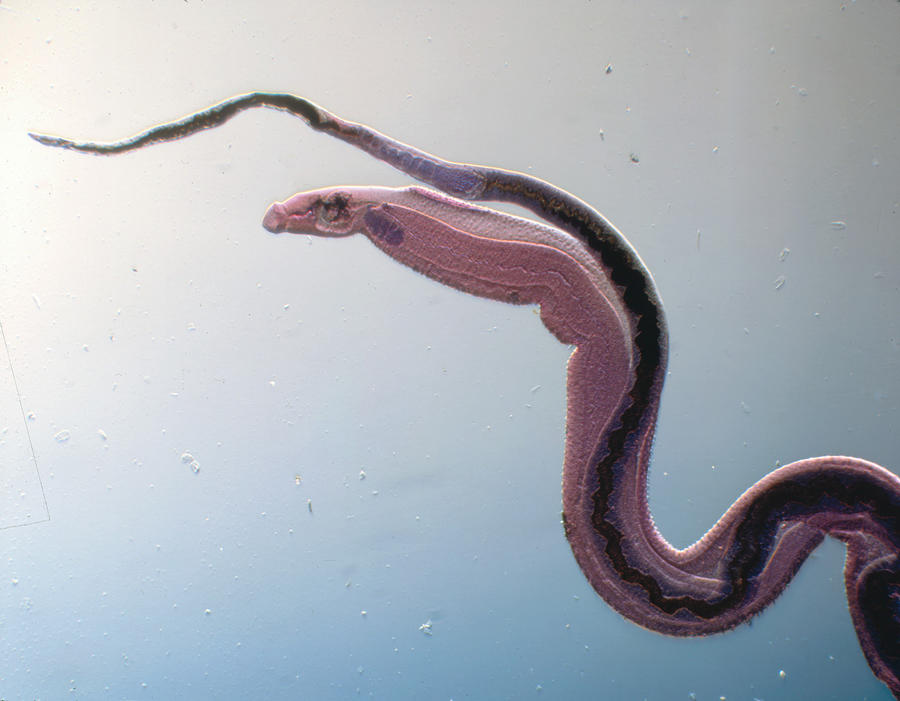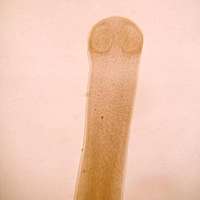
Parasites are a diverse group of organisms that depend on other organisms, known as hosts, to survive. While some parasites are harmless, many can have a significant impact on the health and behavior of their hosts. In fact, some parasites are capable of manipulating and controlling their hosts in ways that are truly remarkable.
One of the ways that parasites can control their hosts is by altering their behavior. For example, the parasitic fungus Ophiocordyceps unilateralis infects and controls the behavior of ants. After entering the ant’s body, the fungus grows and produces chemicals that alter the ant’s behavior, causing it to climb to the top of a nearby plant and attach itself there. The fungus then grows out of the ant’s body and produces spores, which can infect other ants and continue the cycle.

Similarly, the parasitic protozoan Toxoplasma gondii is known to infect rodents and alter their behavior. Infected rodents lose their natural fear of cats, making them more likely to be caught and eaten. This is beneficial for the parasite, as it can then complete its life cycle inside the cat’s digestive system.

Other parasites can manipulate the host’s immune system, allowing them to evade detection and continue their life cycle. For example, the parasitic worm Schistosoma mansoni produces a molecule that suppresses the host’s immune response, allowing the worm to survive and reproduce inside the host’s body.

Parasites can also alter the host’s metabolism and nutrient uptake, often to their own benefit. For example, the tapeworm Hymenolepis diminuta is known to increase the absorption of glucose by the host’s intestine, providing the tapeworm with a ready source of energy.
While the mechanisms by which parasites control their hosts are diverse and complex, one thing is clear: parasites are capable of remarkable feats of manipulation and control. Understanding how parasites exert control over their hosts is an important area of research, with implications for fields such as medicine, ecology, and agriculture. By gaining a better understanding of these interactions, we can develop new strategies to combat parasitic infections and mitigate their impact on human and animal health.


















